some of the most exhausting days i’ve had were the ones where i looked completely okay to everyone else. i smiled at the right moments, cracked jokes that landed, even asked thoughtful questions across a dinner table — and yet i went home feeling more drained than if i’d run a marathon. that kind of tired doesn’t come from living; it comes from staging. from putting on the version of yourself that looks cheerful, accomplished, lighthearted, and together. from rehearsing joy you don’t actually feel.
the strange part is that performing happiness works — at least on the surface. you convince people. you keep things moving. you blend in with the people who genuinely feel light and unbothered that day. but the cost is steep, and the bill always shows up later: an inexplicable heaviness, a sense of distance from yourself, a vague resentment you can’t quite place. the more convincing the performance, the less anyone suspects, and the lonelier you feel in the gap between how you appear and how you actually are.
work is often where the performance becomes most refined. you sit through a team meeting, nodding with enthusiasm, making small comments that sound engaged, while the truth is you barely slept and feel a quiet dread about opening your inbox. you’re careful to project composure because you’ve learned that vulnerability at work is risky. and so, “i’m good, thanks,” becomes your armor, even though you’re not good at all. you go home after these days with a sense that you didn’t just work your job — you also worked a role, one that took even more out of you than the actual tasks.
family can be another stage. maybe you visit home after months away, and the expectation is that you’re doing well, that you’re thriving. you answer questions with brightness: yes, work is good, yes, life is full, yes, you’re happy. you deliver these lines almost out of duty, because it feels cruel to hand your parents your raw uncertainty or loneliness. but afterward, you sit in your old bedroom, surrounded by traces of who you used to be, and feel like you’ve betrayed yourself a little. not because you lied, but because you kept the truth too carefully hidden.
while social media is a great distraction, it also has a reputation for a reason — the place where performing happiness isn’t the exception but the entire currency. you share the brunch, the vacation, the laughter, even when the photo is a fragment of a day that was otherwise overwhelming. you tell yourself everyone does it, that it’s just aesthetics, that no one really expects authenticity. but when the likes roll in and people comment on how good you look or how fun your life seems, you feel a strange hollowness. they’re affirming a version of you that you don’t actually recognize, and that gap can feel cavernous.
the tell, at least for me, is how my body feels. genuine happiness has an ease to it — a looseness in your shoulders, a breath that doesn’t feel forced, a laugh that surprises you because you didn’t plan it. performed happiness, on the other hand, feels like holding a plank pose for too long. your cheeks ache from smiling, your voice carries a brightness that feels slightly foreign in your throat, and you leave the interaction with the same kind of exhaustion you feel after hosting relatives for a week. that’s how you know you’ve been on stage, not in your own skin.
another sign is how you feel when you’re alone right after. real happiness has an afterglow — you get home from dinner with a friend, kick off your shoes, and still feel light. performed happiness collapses the minute the door closes behind you. the silence feels sharper. you exhale like you’ve been holding your breath for hours. sometimes you even wonder if people liked you more for the version you played than for the one you really are. that thought can sting, because it makes you question whether connection is possible without disguise.
it’s tempting to think of this as dishonesty, but i don’t think it is. most of us aren’t deliberately lying; we’re trying to survive social scripts, trying not to burden, trying to protect ourselves from being misunderstood. performing happiness is a kind of armor, and like all armor, it has its uses. the trouble comes when we forget to take it off, when performance becomes so seamless that we can’t tell the difference between what’s real and what’s rehearsed.
so how do you notice the difference? sometimes it’s as simple as asking yourself whether you actually enjoyed the thing you just did, or whether you enjoyed the fact that you looked like you were enjoying it. did you laugh because it was funny, or because everyone else was laughing and you didn’t want to be the one person who didn’t? did you post that photo because it reminded you of something meaningful, or because you wanted others to see that you were out, happy, thriving? the motive often reveals the performance.
and once you start noticing, the real work is to carve out places where you don’t need to perform. maybe you keep one or two friends who know that when you say you’re fine, they can press further. maybe you give yourself permission to answer “how are you?” with something as small and real as “tired, but i’m here.” maybe you stop curating your life into endless highlight reels and instead leave space for the quiet, unphotographed parts.
the relief of unperformed happiness is subtle but unmistakable. it doesn’t sparkle on cue, it doesn’t photograph well, it doesn’t land like a punchline. it’s smaller, more private. the way your face softens when you’re reading a book you love. the way you hum without noticing while folding laundry. the way you laugh at something silly your partner says in the kitchen and forget about it five minutes later. these moments never make it to the highlight reel, but they’re the ones that convince you your life is real.
if performing happiness leaves you drained, practicing honesty — even in small, clumsy doses — leaves you lighter. it builds muscle for being seen as you are. and once you taste that, the stage feels less tempting. you don’t need to audition for joy; you need to notice when it’s already in the room.
the next time you walk away from a gathering, notice how you feel in the dullness that follows. if you’re lighter, that’s real. if you’re emptied out, that’s a sign you’ve been holding a mask. it doesn’t mean you failed; it means you’ve been working harder than anyone realized. and the work now isn’t to keep performing, but to find people and places where you can finally put the performance down. that’s where the kind of happiness worth keeping tends to live.



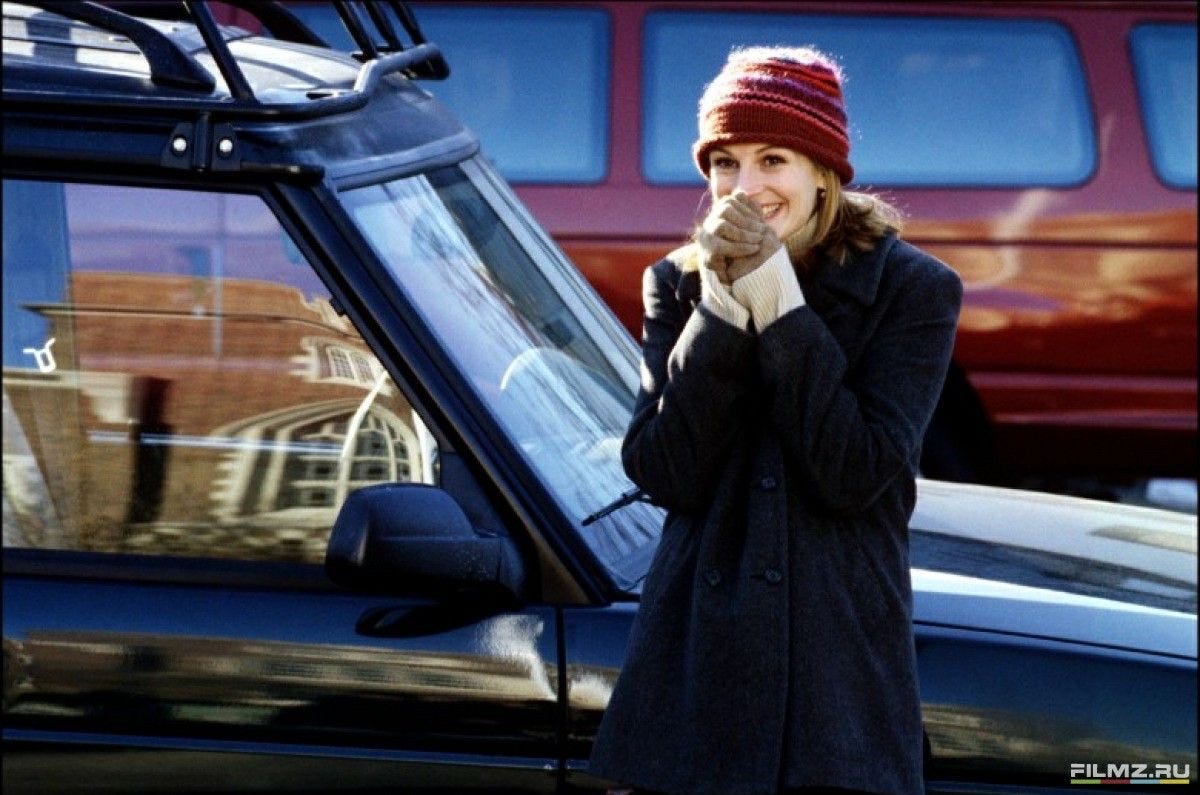
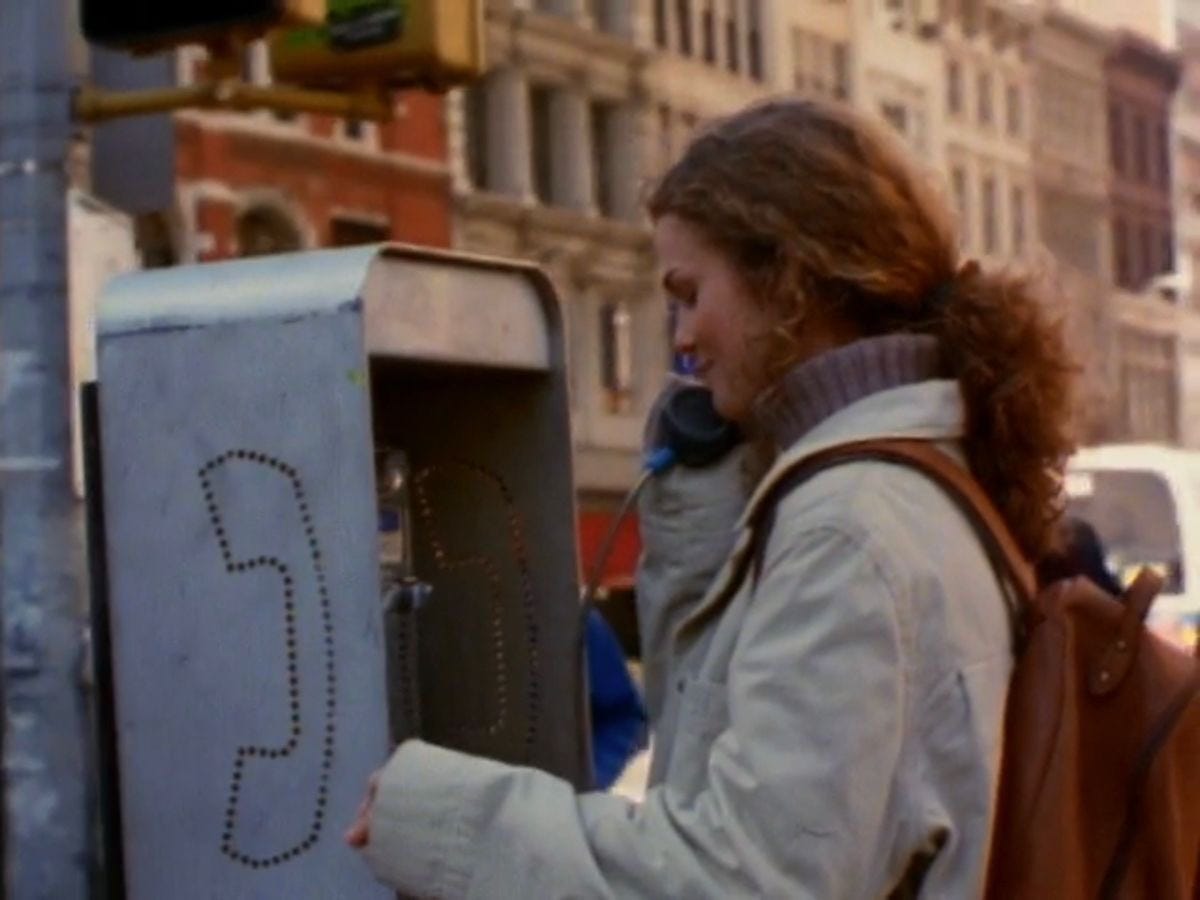
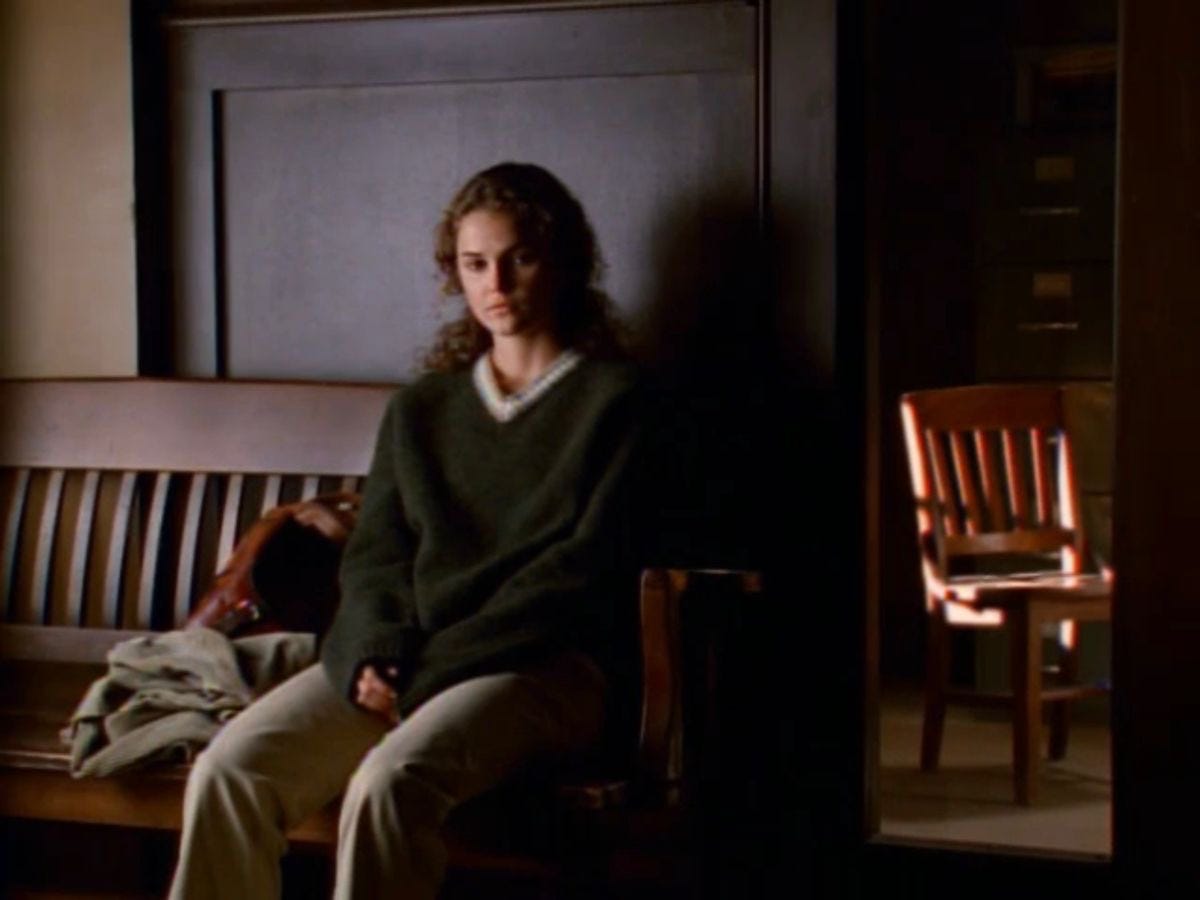
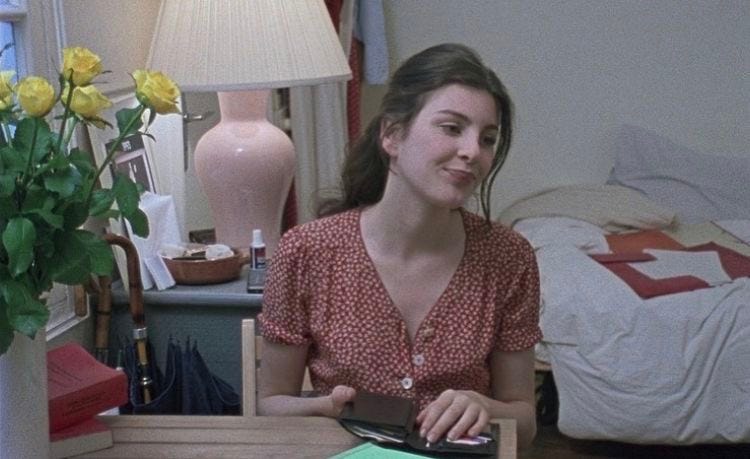
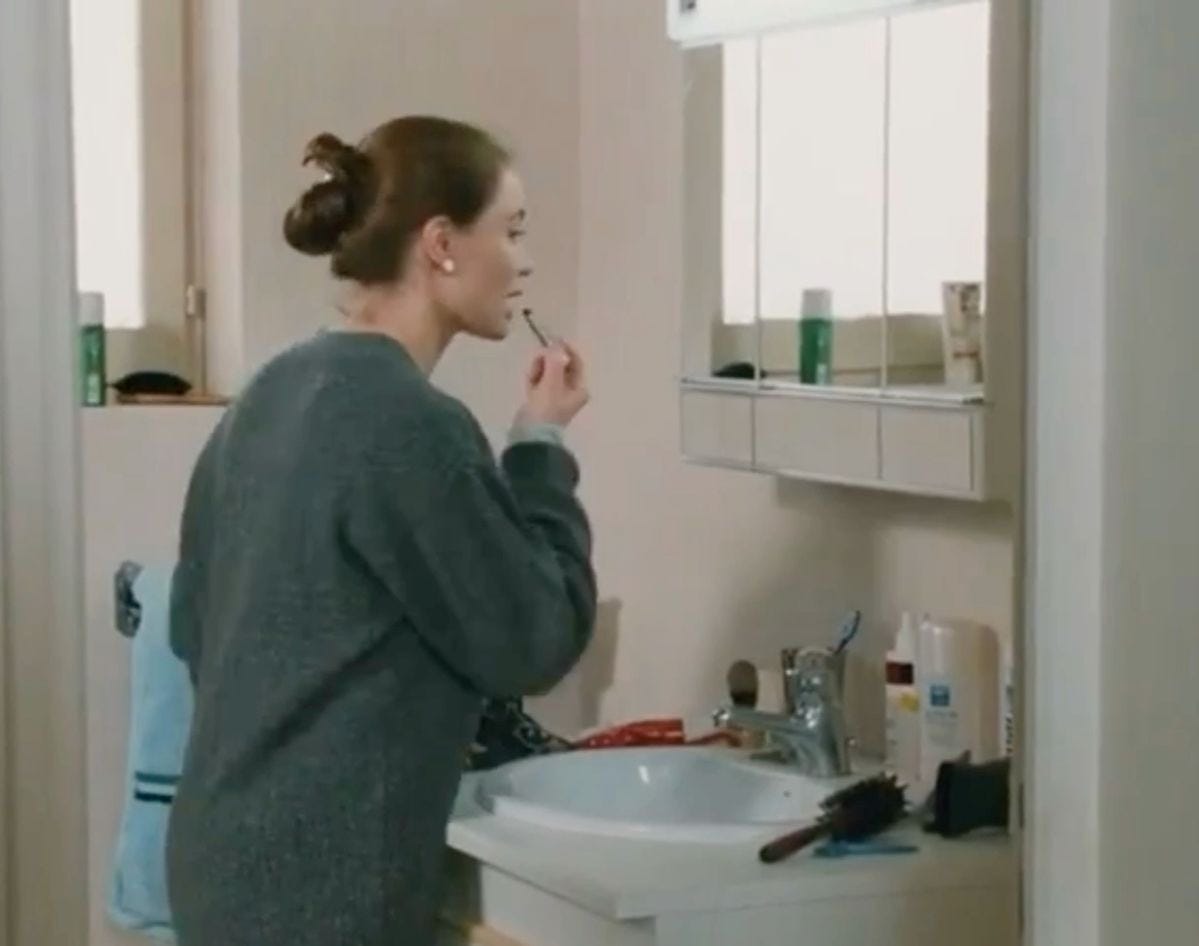
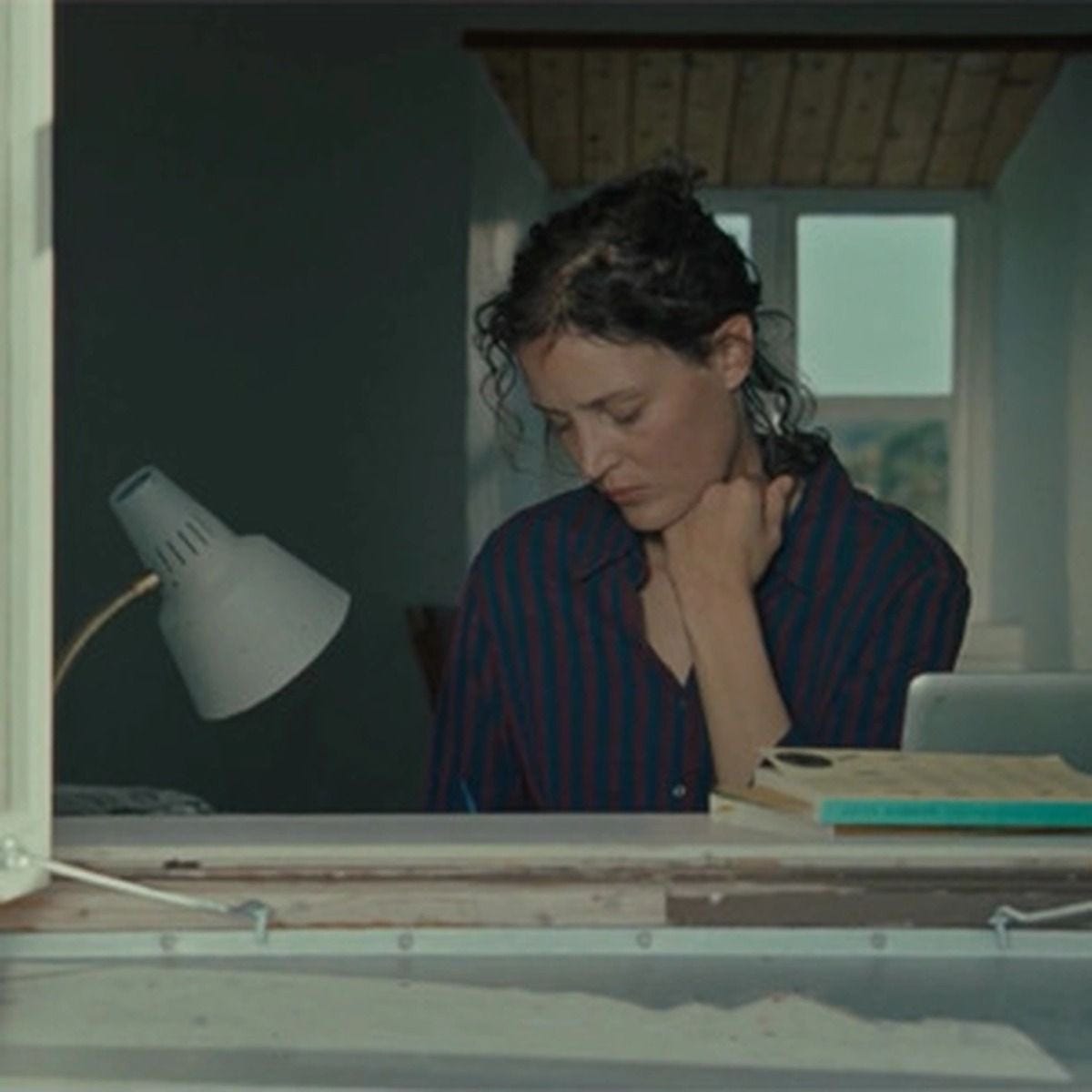
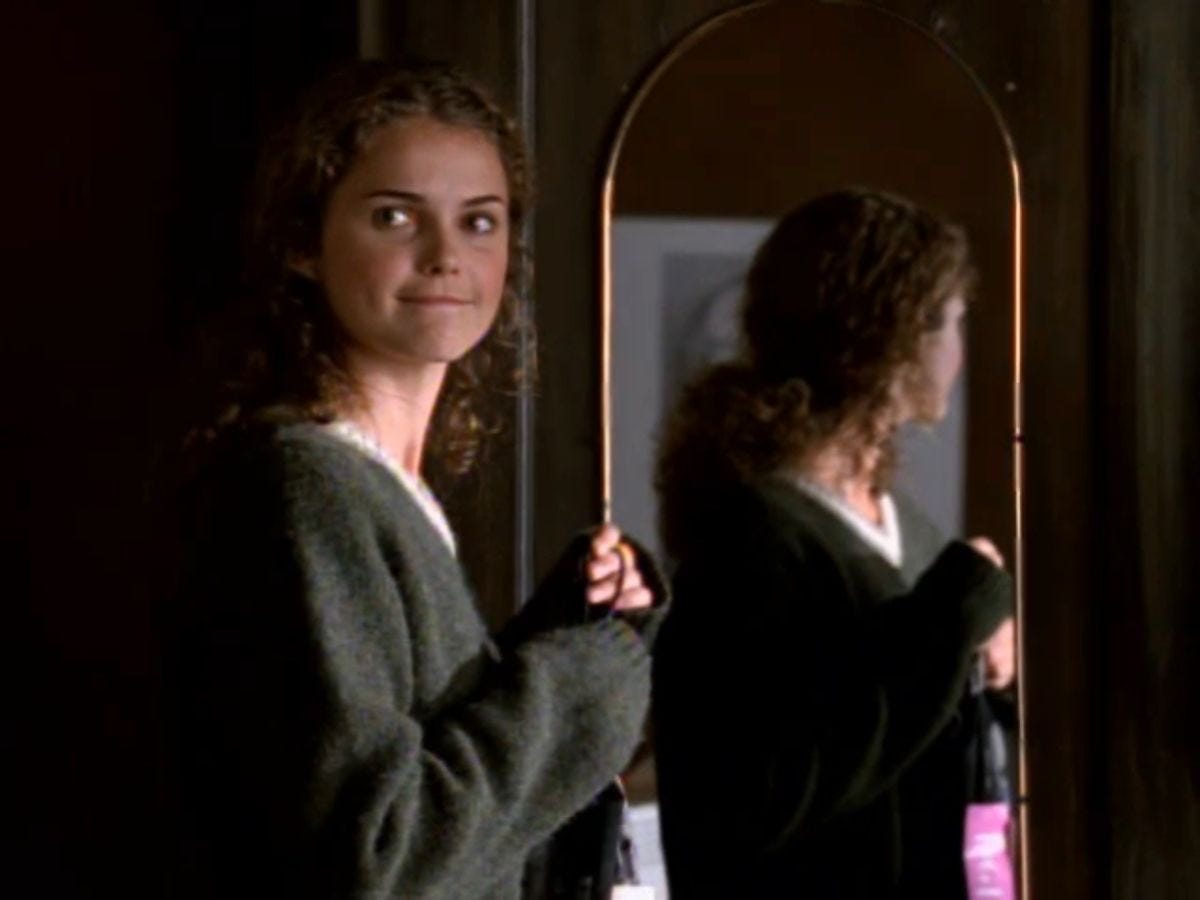
what do you do after you've recognized you're performing happiness? i'm on a journey to become more authentic with myself but i always find myself slipping back into that performance. i'd love to hear your thoughts, if you have any :)
this is such a good read. lately, i’ve been battling with performative happiness/peace. like am i really happy or at peace or i just want others to see that i am. that i feel like it’s not real when i don’t get validation on social media. that’s why i do things more in private now. i just post whenever i like but not everything i do.